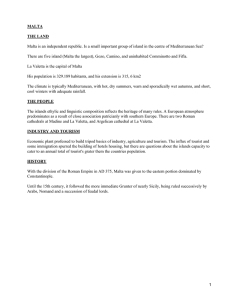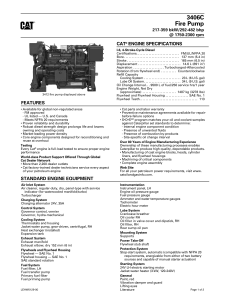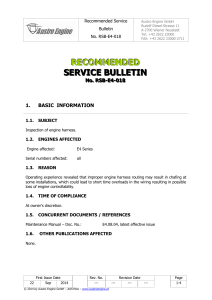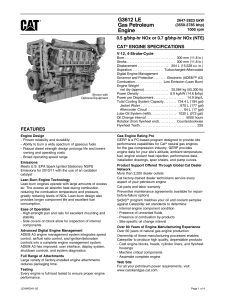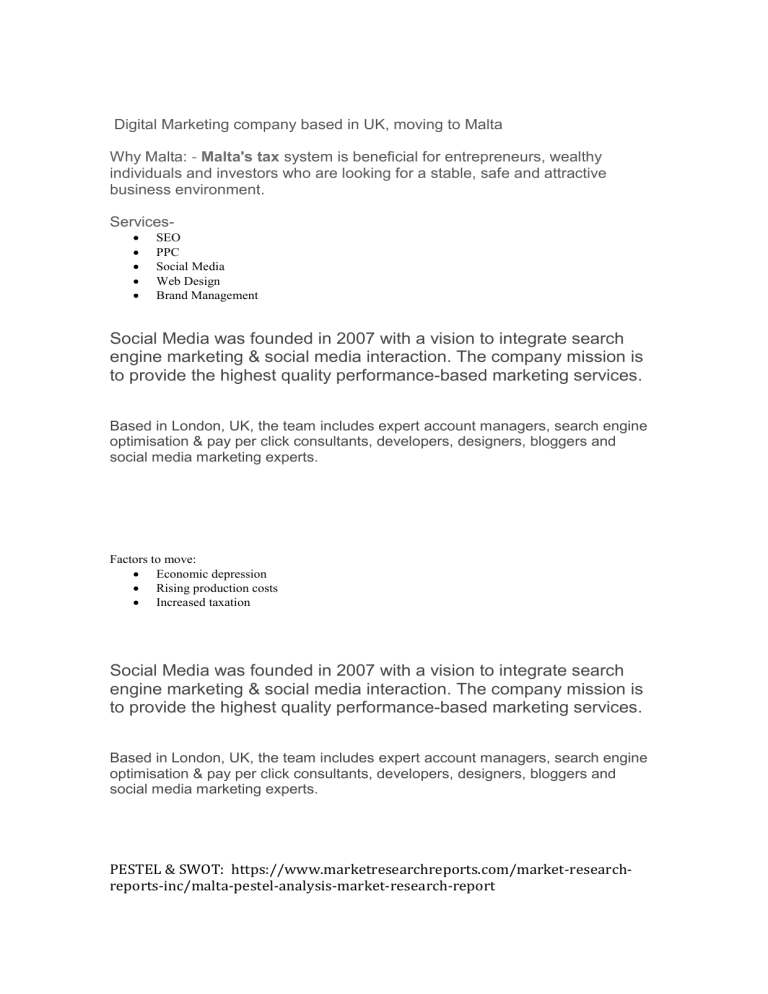
Digital Marketing company based in UK, moving to Malta Why Malta: - Malta's tax system is beneficial for entrepreneurs, wealthy individuals and investors who are looking for a stable, safe and attractive business environment. Services SEO PPC Social Media Web Design Brand Management Social Media was founded in 2007 with a vision to integrate search engine marketing & social media interaction. The company mission is to provide the highest quality performance-based marketing services. Based in London, UK, the team includes expert account managers, search engine optimisation & pay per click consultants, developers, designers, bloggers and social media marketing experts. Factors to move: Economic depression Rising production costs Increased taxation Social Media was founded in 2007 with a vision to integrate search engine marketing & social media interaction. The company mission is to provide the highest quality performance-based marketing services. Based in London, UK, the team includes expert account managers, search engine optimisation & pay per click consultants, developers, designers, bloggers and social media marketing experts. PESTEL & SWOT: https://www.marketresearchreports.com/market-researchreports-inc/malta-pestel-analysis-market-research-report https://www.mca.org.mt/sites/default/files/pageattachments/MCA%20eComme rce%20Strategy%20Document.pdf Political: Severity matrix Gantt chart Swot pestel Internal risk: Human factor: half staff european citizens Stability Organization risk Resources Physical risk External risk: Economic risk Political risk Social risk Legal risk Shareholders Project structure 1. Project Goal An answer to the question “What has to be done” is usually a good starting point when setting a project goal. This question leads to the project structure plan. This plan consists of work packages which represent enclosed work units that can be assigned to a personnel resource. These work packages and their special relationships represent the project structure. 2. Project Timeline and Order A flowchart is a powerful tool to visualize the starting point, the endpoint, and the order of work packages in a single chart. 3. Project Milestones Milestones define certain phases of your project and the corresponding costs and results. Milestones represent decisive steps during the project. They are set after a certain number of work packages that belong together. This series of work packages leads to the achievement of a sub goal. Definition Phase The definition phase is where many projects go wrong. This can happen when no clear definition, or when the definition is muddled due to the involvement of too many stakeholders. Successful definition must involve the entire team at every step to facilitate acceptance and commitment to the project. Clear Goals The project manager is responsible for the achievement of all project goals. These goals should always be defined using the SMART paradigm (specific, measurable, ambitious, realistic, time-bound). With nebulous goals, a project manager can be faced with a daily grind of keeping everything organized. It will work decidedly to your advantage to clearly define goals before the project begins. Transparency About the Project Status Your flowcharts, structure plan, and milestone plan are useful tools to help you stay on track. As project manager, you should be able to present a brief report about the status of the project to your principal or stakeholders at each stage of the project. At such meetings, you should be able to give overviews about the costs, the timeline, and the achieved milestones. Risk Recognition It’s the duty of the project manager to evaluate risks regularly. You should come into every project with the knowledge that all projects come with a variety of risks. This is normal. Always keep in mind that your project is a unique endeavor with strict goals concerning costs, appointments, and performance. The sooner you identify these risks, the sooner you can address negative developments. Managing Project Disturbances It’s not very likely that you have enough personal capacity to identify each single risk that may occur. Instead, work to identify the big risks and develop specific strategies to avoid them. Even if you’re no visionary, you should rely on your skillset, knowledge, and instincts in order to react quickly and productively when something goes wrong. Responsibility Of The Project Manager The Project Manager develops the Project Plan with the team and manages the team’s performance of project tasks. The Project Manager is also responsible for securing acceptance and approval of deliverables from the Project Sponsor and Stakeholders. The Project Manager is responsible for communication, including status reporting, risk management, and escalation of issues that cannot be resolved in the team—and generally ensuring the project is delivered within budget, on schedule, and within scope. Project managers of all projects must possess the following attributes along with the other project related responsibilities: Knowledge of technology in relation to project products Understanding Management concepts Interpersonal skills for clear communications that help get things done Ability to see the project as an open system and understand the external-internal interactions Project Success Project success is a multi-dimensional construct that can mean different things to different people. It is best expressed at the beginning of a project in terms of key and measurable criteria upon which the relative success or failure of the project may be judged. For example, some generally used success criteria include: Meeting key project objectives such as the business objectives of the sponsoring organization, owner or user Eliciting satisfaction with the project management process, i.e., the deliverable is complete, up to standard, is on time and within budget Reflecting general acceptance and satisfaction with the project’s deliverable on the part of the project’s customer and the majority of the project’s community at some time in the future. Conclusion Simplilearn offers multiple project management training courses and learning paths that can help aspiring project managers get the education they need—not only to pass certification exams like the PMP®, but also real-world knowledge useful for any project management career. Want a taste of Simplilearn project management training? Check out our video “Introduction to PMP Certification Training.” Definition phase Clear goals Transparency about project status Risk recognition Managing project disturbances Responsibility of the project manager Project success
